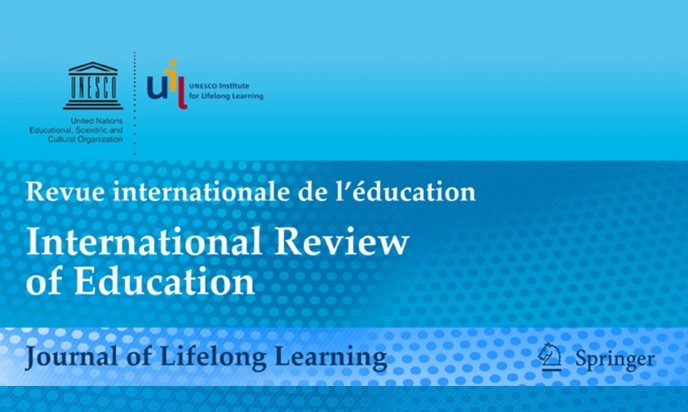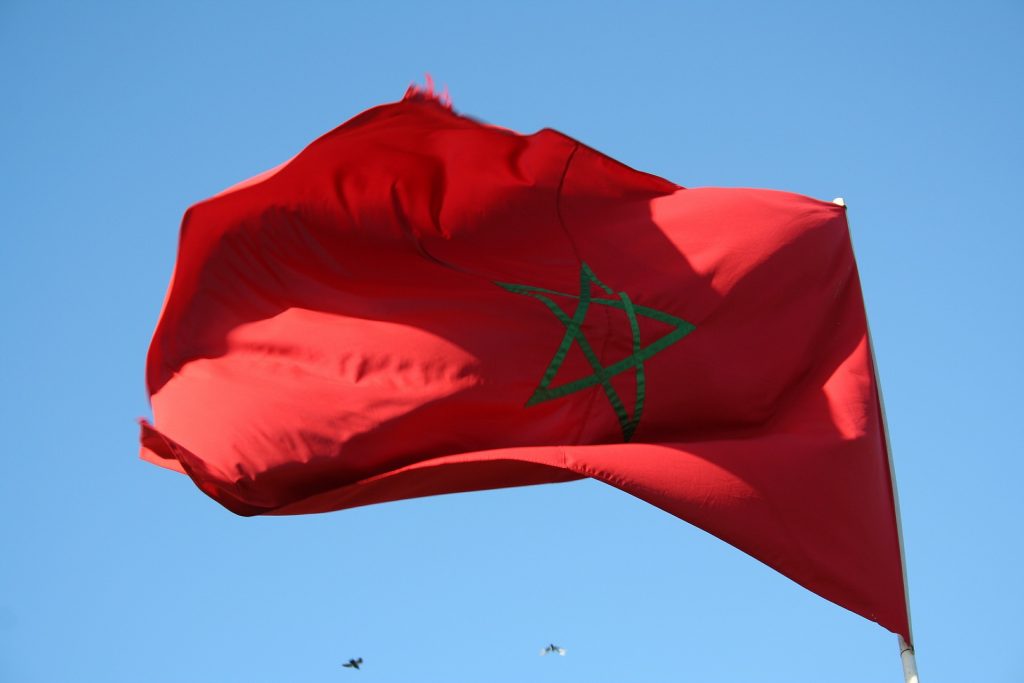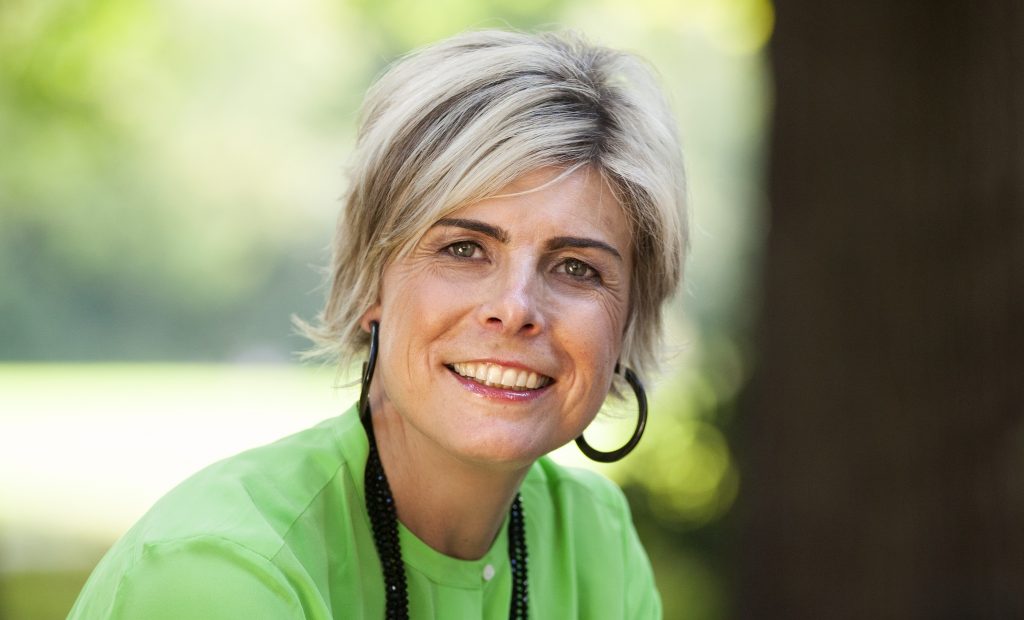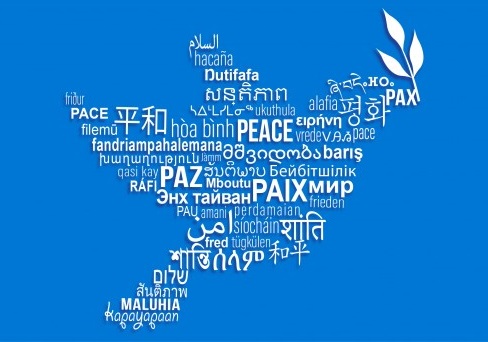The COVID-19 pandemic could come to be seen either as an important turning point for humanity or a huge missed opportunity, a landmark in the decline of human civilization. The choice, in the end, is ours, writes Paul Stanistreet.

As the 51st World Economic Forum (WEF) meets virtually to discuss rebuilding trust, making ‘crucial’ choices and reforming systems in the context of the agenda WEF founder Klaus Schwab describes as the ‘great reset’, it is clear that we are living through times of profound change and challenge, in some respects unprecedented in human history.
And whether you welcome this for reasons of social justice and the promotion of equity and equality, or see as it a threat to entrenched systems of advantage that must be carefully, and, if necessary, coercively, managed, it is clear that the COVID-19 pandemic has created a rare moment in the human story when we have an opportunity to read the map, change direction and do things differently. Continue reading



